"Just these insipid portraits of clowns, all signed very large, "Bob Kane."*
*Mark Evanier recounts great anecdote about Bob Kane's paintings as told by the late Arnold Drake
*****
Campbell is resting his brain. Here is another passage from Walter James, one of my favourite writers:
"Often enough in my adventures among wines I have found myself with a mouth full of thoroughly unpalatable liquor, and often too in company where there was nothing to be done but swallow it. But these little worries have been quite unsought; they have rarely been embraced in the cause of Science or of its mother Curiosity; I cannot claim a place at the same table with such men as, for instance, Mr Wyld and Mr Greatorex who went into St Paul's after the great fire of London and came across the broken lead coffin of a famous dean who had died a century and a half before. They found the coffin in the shape of a pie and filled with 'a liquor which conserved the body.' This the two gentlemen blandly sampled, finding it somewhat insipid, with a slight taste of iron. The body itself felt, 'to the probe of a stick which they thrust into a chinke, like boyld brawne.'
Yes, they were hardy in those days, there's no doubt of that. Thomas Willis, a doctor who practised in London about the same time as the curious visitors to St paul's, is remembered as the first physician to observe sugar in the urine of diabetics. And, it is on record, the test which he used to detect sugar was the test of the palate. With what 'eclat would he have performed the function of wine-taster at certain Australian vineyards.
It is on a not dissimilar note that one more Londoner, Mr S F Hallgarten, in the course of a recent treatise on German hocks, describes a certain defect in the wine. "Mauseln, or the smell of mouse urine," he says, "is a recognisable smell and taste, which remains suspended on the palate." Now, just what does Mr Hallgarten mean by that "recognisable" smell and taste? Has he really laboured in the cause of drinkers with the same devotion as Dr. Willis in the cause of diabetics? Or is he drawing upon other men's records, as he is earlier in his book when he makes the startling assertion that "Asparagus, the recognised king of all vegetables, was cultivated thousands of years ago by the Egyptians and has lost none of its flavour in the course of time."
That's from The Gadding Vine, 1955. James prefaces the book with this:
"The Portugese Ferdinand Mendez Pinto when in 1558 he settled down after many years of wandering, wrote an account of his life and observations which he called the Perigrinacam. but nowhere could he find a publisher. Wishing that at least a few souls might be improved by his story, he bequeathed the manuscript to the governor of an institution for fallen women, stipulating that it should be read to the inmates."
*******
have a good Sunday.
*****
Campbell is resting his brain. Here is another passage from Walter James, one of my favourite writers:
"Often enough in my adventures among wines I have found myself with a mouth full of thoroughly unpalatable liquor, and often too in company where there was nothing to be done but swallow it. But these little worries have been quite unsought; they have rarely been embraced in the cause of Science or of its mother Curiosity; I cannot claim a place at the same table with such men as, for instance, Mr Wyld and Mr Greatorex who went into St Paul's after the great fire of London and came across the broken lead coffin of a famous dean who had died a century and a half before. They found the coffin in the shape of a pie and filled with 'a liquor which conserved the body.' This the two gentlemen blandly sampled, finding it somewhat insipid, with a slight taste of iron. The body itself felt, 'to the probe of a stick which they thrust into a chinke, like boyld brawne.'
Yes, they were hardy in those days, there's no doubt of that. Thomas Willis, a doctor who practised in London about the same time as the curious visitors to St paul's, is remembered as the first physician to observe sugar in the urine of diabetics. And, it is on record, the test which he used to detect sugar was the test of the palate. With what 'eclat would he have performed the function of wine-taster at certain Australian vineyards.
It is on a not dissimilar note that one more Londoner, Mr S F Hallgarten, in the course of a recent treatise on German hocks, describes a certain defect in the wine. "Mauseln, or the smell of mouse urine," he says, "is a recognisable smell and taste, which remains suspended on the palate." Now, just what does Mr Hallgarten mean by that "recognisable" smell and taste? Has he really laboured in the cause of drinkers with the same devotion as Dr. Willis in the cause of diabetics? Or is he drawing upon other men's records, as he is earlier in his book when he makes the startling assertion that "Asparagus, the recognised king of all vegetables, was cultivated thousands of years ago by the Egyptians and has lost none of its flavour in the course of time."
That's from The Gadding Vine, 1955. James prefaces the book with this:
"The Portugese Ferdinand Mendez Pinto when in 1558 he settled down after many years of wandering, wrote an account of his life and observations which he called the Perigrinacam. but nowhere could he find a publisher. Wishing that at least a few souls might be improved by his story, he bequeathed the manuscript to the governor of an institution for fallen women, stipulating that it should be read to the inmates."
*******
have a good Sunday.
Labels: old books(1)

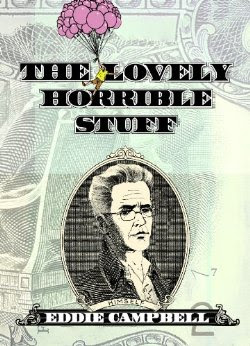


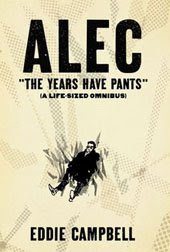


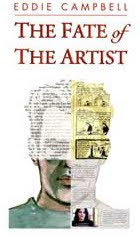

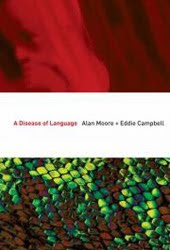
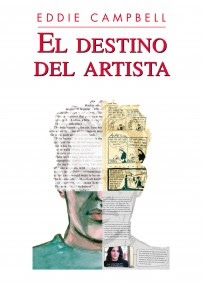
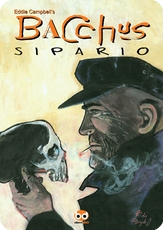


1 Comments:
I love Evanier's website. Almost always fun.
Post a Comment
Subscribe to Post Comments [Atom]
<< Home